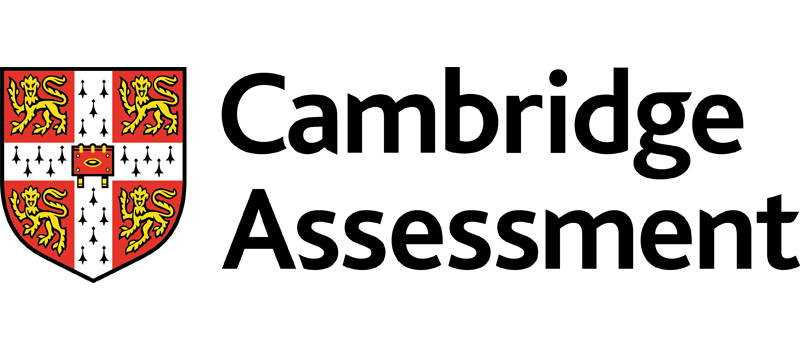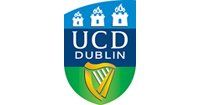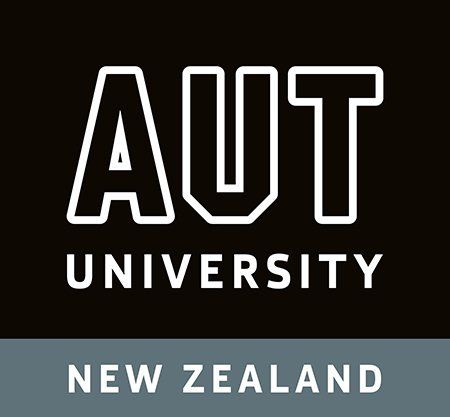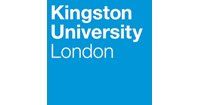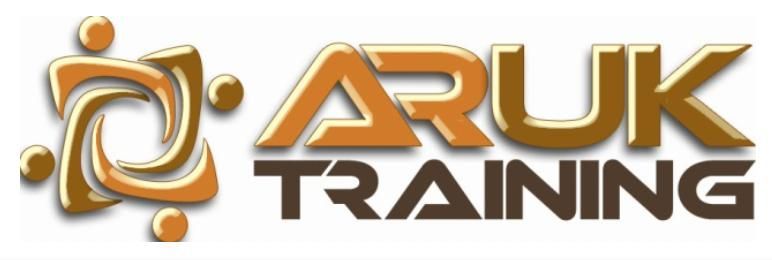
Project Cost, Quality and Human Resources Management (PMK Workshop 2) Certified Program
Course ID: 2507140101121EGI
Course Dates : 14/07/25 Course Duration : 5 Studying Day/s Course Location: London, UK
Language: Bilingual
Course Category: Professional and CPD Training Programs
Course Subcategories: Leadership and Management Excellence
Course Certified By: * Projacs Academy
* Professional Training and CPD Programs
Certification Will Be Issued From :
KSA
Course Fees: £4,838.34
Vat Not Included in the price. VAT may vary depending on the country where the course or workshop is held.
Click to Pay
Date has passed please contact us Sales@e-s-hub.com
Course Information
Introduction
In an era where organizations are increasingly driven by efficiency, innovation, and sustainability, the management of project cost, quality, and human resources has emerged as a cornerstone of success. These three pillars form the backbone of any project’s lifecycle, influencing its feasibility, execution, and ultimate outcomes. For professionals tasked with leading or contributing to projects, mastering these domains is not merely advantageous—it is essential. The interplay between cost optimization, quality assurance, and effective human resource allocation determines whether a project meets its objectives within scope, time, and budget constraints. This course addresses the intricate balance required to excel in these areas, equipping participants with tools and strategies rooted in established frameworks such as Total Quality Management (TQM), Earned Value Management (EVM), and Maslow’s Hierarchy of Needs.
Despite their critical importance, many organizations face persistent challenges in integrating cost, quality, and human resource management into cohesive project strategies. Budget overruns, subpar deliverables, and team disengagement are common issues that stem from fragmented approaches or a lack of alignment between these disciplines. For instance, a case study of a large-scale infrastructure project revealed how inadequate resource planning led to delays and cost escalations, while poor quality control resulted in costly rework. Such examples underscore the need for a holistic understanding of these interconnected domains. By addressing gaps in knowledge and practice, this program empowers participants to adopt a proactive and integrated approach, mitigating risks and enhancing project performance.
The benefits of mastering project cost, quality, and human resources management extend beyond individual career growth to encompass organizational success. Professionals equipped with these competencies can drive value creation by optimizing resource utilization, ensuring compliance with quality standards, and fostering collaborative work environments. Organizations, in turn, benefit from improved profitability, enhanced reputation, and increased stakeholder satisfaction. Moreover, as industries evolve in response to technological advancements and shifting market demands, the ability to adapt and innovate becomes paramount. This course aligns with contemporary trends such as agile methodologies, remote workforce management, and data-driven decision-making, ensuring participants remain at the forefront of industry developments.
Drawing on seminal theories and frameworks, the course integrates principles from project management bodies of knowledge (PMBOK), Six Sigma methodologies, and behavioral psychology. For example, Deming’s Plan-Do-Check-Act (PDCA) cycle provides a robust foundation for continuous quality improvement, while Herzberg’s Two-Factor Theory offers insights into motivating teams effectively. These theoretical underpinnings are complemented by practical applications, enabling participants to translate abstract concepts into actionable strategies. Real-world anecdotes further enrich the learning experience; consider the story of a software development firm that reduced project costs by 15% through rigorous cost-benefit analysis and implemented a mentorship program to boost team morale and productivity.
The relevance of this course spans diverse industries, including construction, IT, healthcare, and manufacturing, each grappling with unique challenges yet sharing common goals of efficiency and excellence. For instance, a hospital seeking to implement a new electronic health records system must balance cost considerations with stringent quality requirements while managing cross-functional teams. Similarly, a manufacturing plant aiming to adopt lean production techniques must ensure that workforce training aligns with operational goals. By addressing these multifaceted needs, the course equips participants to navigate complex scenarios and deliver impactful results.
Ultimately, this program represents more than just professional development—it is an investment in transformative leadership. Participants will emerge with a comprehensive skill set that enables them to lead with confidence, make informed decisions, and foster cultures of accountability and innovation. Whether you are a seasoned project manager looking to refine your expertise or a rising professional eager to build a strong foundation, this course offers invaluable insights and tools to propel your career forward. Join us on this journey to unlock the full potential of project cost, quality, and human resources management.
Objectives
By attending this course, participants will be able to:
Analyze project cost structures using Earned Value Management (EVM) techniques to identify variances and recommend corrective actions.
Evaluate quality management systems and apply Six Sigma methodologies to enhance process efficiency and product reliability.
Design human resource plans that align team capabilities with project requirements, leveraging motivational theories to boost engagement.
Implement risk mitigation strategies to address cost overruns, quality defects, and workforce challenges throughout the project lifecycle.
Apply agile principles to optimize resource allocation and adapt to changing project dynamics in fast-paced environments.
Synthesize compliance requirements and industry standards into project workflows to ensure adherence to legal and ethical guidelines.
Develop communication strategies that foster collaboration among cross-functional teams and stakeholders, promoting transparency and trust.
Who Should Attend?
This course is ideal for:
Project managers, team leaders, and consultants seeking to enhance their proficiency in cost, quality, and human resource management. It is also valuable for professionals in industries such as construction, IT, healthcare, and manufacturing who are responsible for overseeing complex projects. Additionally, HR specialists and operations managers will find the course beneficial for aligning workforce strategies with organizational goals. While prior exposure to project management concepts is advantageous, the course is designed to accommodate intermediate learners who possess foundational knowledge and wish to deepen their expertise. Advanced practitioners will appreciate the opportunity to refine their skills and stay abreast of emerging trends.
Training Method
• Pre-assessment
• Live group instruction
• Use of real-world examples, case studies and exercises
• Interactive participation and discussion
• Power point presentation, LCD and flip chart
• Group activities and tests
• Each participant receives a 7” Tablet containing a copy of the presentation, slides and handouts
• Post-assessment
Program Support
This program is supported by:
* Interactive discussions
* Role-play
* Case studies and highlight the techniques available to the participants.
Daily Agenda
The course agenda will be as follows:
• Technical Session 08.30-10.00 am
• Coffee Break 10.00-10.15 am
• Technical Session 10.15-12.15 noon
• Coffee Break 12.15-12.45 pm
• Technical Session 12.45-02.30 pm
• Course Ends 02.30 pm
Course Outlines
Foundations of Project Cost Management
Introduction to project cost management principles and frameworks.
Techniques for cost estimation and budgeting.
Understanding Earned Value Management (EVM) metrics.
Identifying and addressing cost variances.
Day 2:
Principles of Quality Management
Overview of Total Quality Management (TQM) and its applications.
Six Sigma methodologies for process improvement.
Tools for quality assurance and control (e.g., Pareto charts, Ishikawa diagrams).
Case studies on successful quality management implementations.
Day 3:
Human Resource Management in Projects
Aligning team roles with project objectives.
Motivational theories and their impact on workforce engagement.
Strategies for conflict resolution and team building.
Managing remote and hybrid teams effectively.
Day 4:
Integrating Cost, Quality, and HR Practices
Balancing competing priorities across cost, quality, and human resources.
Risk management strategies for integrated project delivery.
Agile methodologies for adaptive resource planning.
Compliance and ethical considerations in project management.
Day 5:
Practical Applications and Future Trends
Developing comprehensive project plans incorporating all three domains.
Leveraging technology for cost tracking, quality monitoring, and HR analytics.
Emerging trends in project management: AI, automation, and sustainability.
Final workshop: Presenting a capstone project integrating key learnings.














